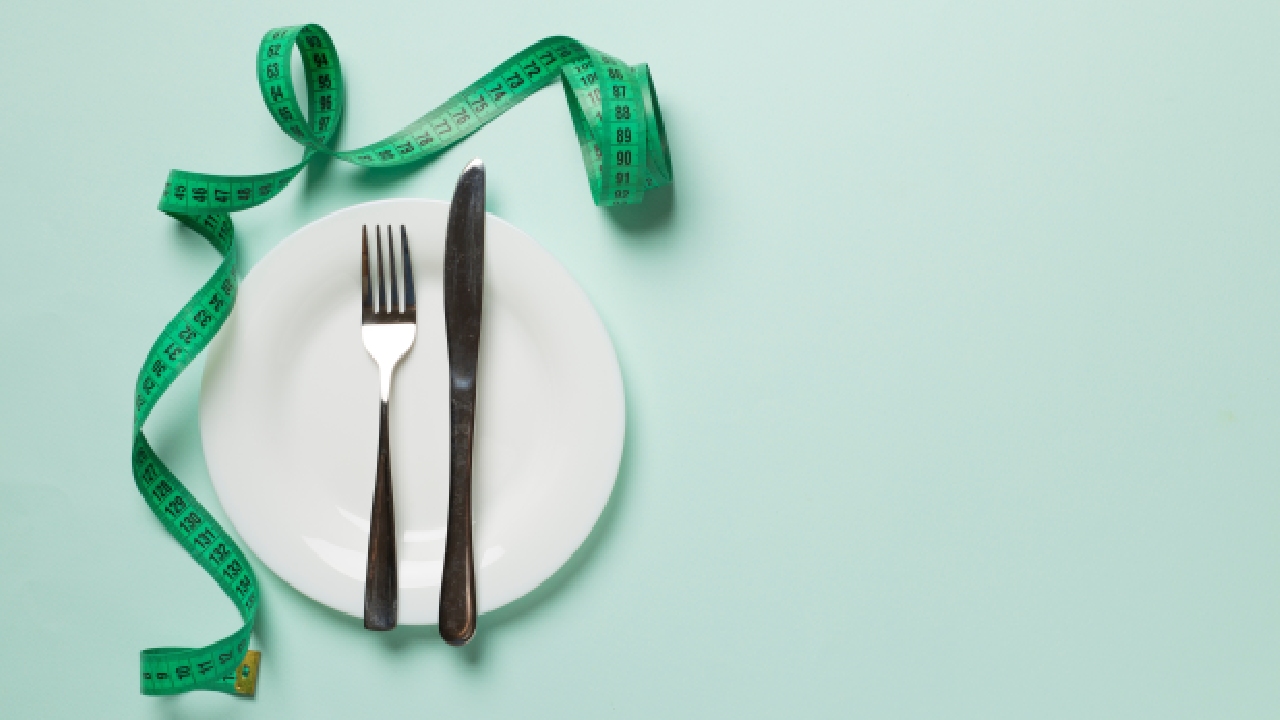Why quick health fixes are never the solution

When it comes to diet and exercise, there are no shortcuts. Weight loss, muscle gain, addressing nutritional deficiencies, lowering of things like cholesterol... none of these things can be done quickly. All efforts must have a cumulative effect to work.
We love a "quick fix" because we don't like hard work. When a study breaks the news that, for example, a glass of red wine a day is equivalent to going to the gym, people change their approach to their health without understanding what was actually a very flawed, limited study.
But the messages from quick fixes are catchy. "I don't have to go to the gym!", "If I eat this, I'll lose weight in three weeks!", "I can get a six-pack without doing crunches!", and so the beliefs go.
Knowledge, hard work and discipline is the only secret to achieving health goals. But that doesn't stop people trying to seek out an easier way.
Quick fixes are appealing for many reasons. The world of health is complex and often unclear (and even contradictory). Quick fixes are clear cut. They give you explicit instructions that are easily followed, and they're usually one-dimensional, e.g. "don't eat anything except chicken and broccoli".
They also often give you a hint of success early on, which gives you confidence. If you dramatically drop your regular diet for a juice cleanse that is only 25 per cent of your regular calorie intake, of course you're going to lose weight. Until you don't.
The unsustainable – and usually unhealthy – nature of quick fixes is that they normally come with a yo-yo effect. You'll lose weight dramatically in the first few weeks but then you'll plateau, and then that weight will pile back on with a vengeance.
The yo-yo effect is actually called "weight cycling", and is largely psychological. You embark on a reduced calorie diet and/or energy-intensive exercise regimen that is extreme from the outset, and initially you experience pride and elation over your efforts. The effects of fatigue soon set in and force you back to old ways (and often, backwards) in your health-related endeavours.
Any kind of quick fix diet will also slow your metabolism down, because when you cut calories you're also cutting macronutrients. The result? Muscle loss instead of fat loss.
This unhelpful quick fix mentality applies to "superfoods" and any kind of "ground-breaking" ingredients (think chia seeds, kale, blackcurrants, nut oils and the like) too. No single food can speed up your progress when it comes to your health goals.
We're obsessed with quick fixes because they have a cult value to them. They're based around creating a fear of something – whether it's going to the gym or sugary foods – and telling you that if you follow a certain, easily-prescribed doctrine, you can be free of that fear.
As a consumer, scepticism is your greatest tool when thinking about supposedly revolutionary health studies and claims made by so-called experts. When reading about a scientific study that claims a quick fix concerning the miraculous benefits of one type of food, specific exercise activity, or diet, there are a few important things to know.
Firstly, that study might be taken from a minute group of subjects (e.g. only 10 people), which doesn't provide reliable evidence. Studies also can use unnaturally high concentrations of a "miracle" ingredient, enabling researchers to produce a desirable result that will get published in journals and mainstream media. A great example in recent times of this has been goji berries, and their purported effect on heart disease prevention.
It's also vital to know what many studies are funded by corporations that stand to benefit from those desirable results. You, as a consumer, should be wary of any quick fix backed up by a single scientific source, because that research might have solely been conducted with a view to use it to sell a product.
When it comes to health fixes, if it's easy and revolutionary, it's too good to be true. Take to Google with a sceptical eye, and you'll find it's easy to discover how misleading any quick fix can be.
Image credit: Shutterstock
Written by Lee Suckling. First appeared on Stuff.co.nz.
